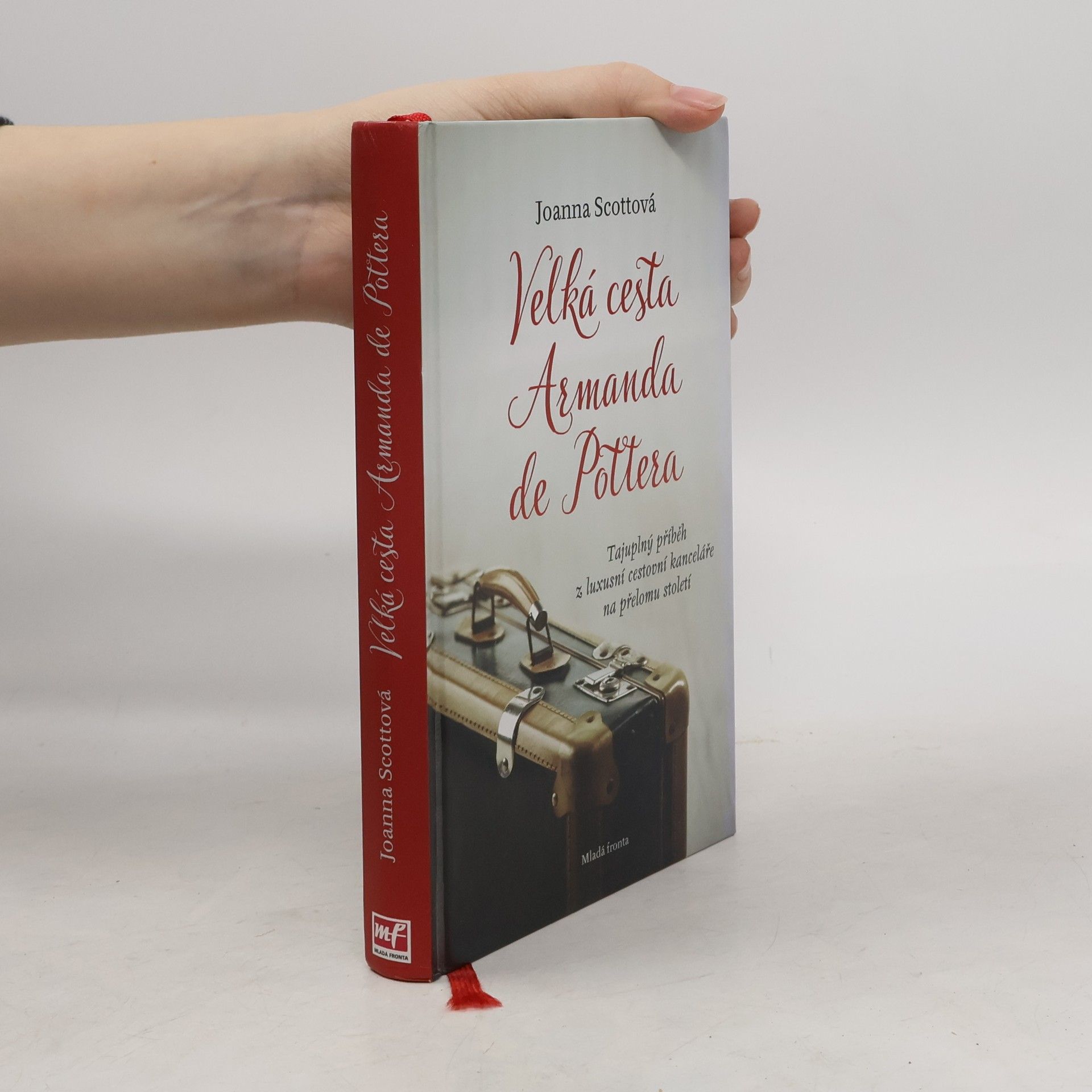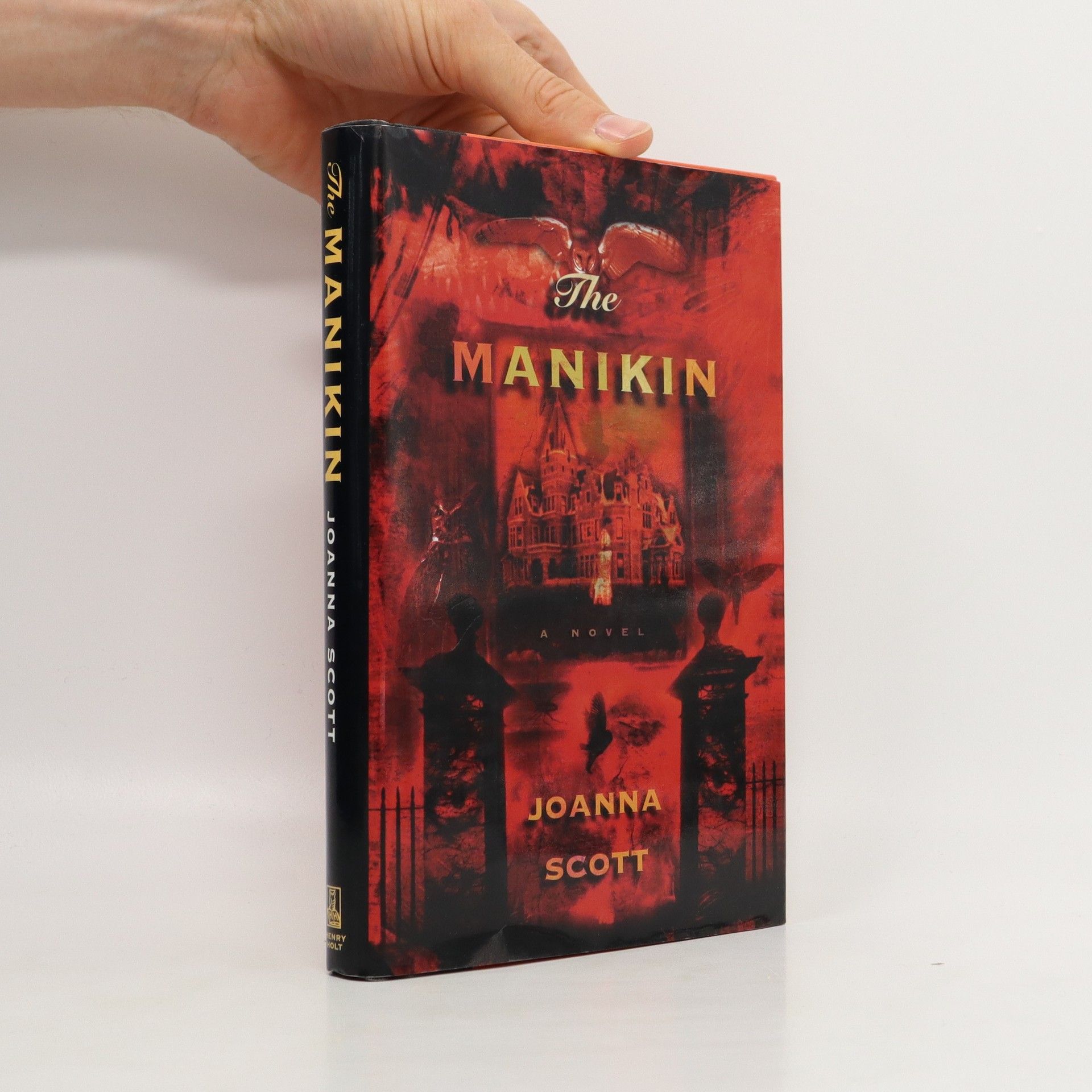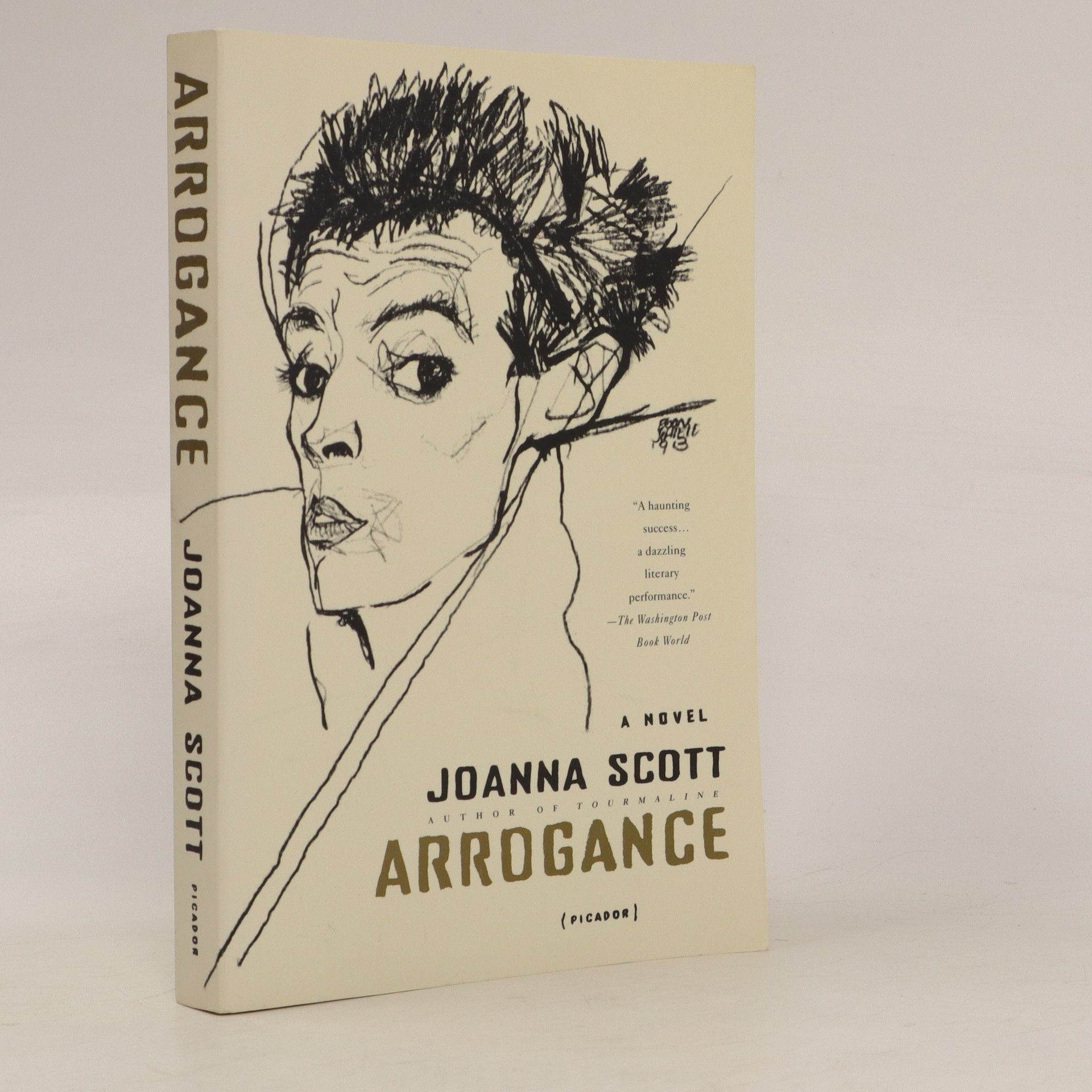Téměř detektivní příběh z luxusní cestovní kanceláře na přelomu století V roce 1905 se turistický průvodce a amatérský sběratel starožitností jménem Armand de Potter záhadně ztratí u pobřeží Řecka. Tělo se nikdy nenajde a jeho ženě Aimée nezbývá, než aby se sama postarala o jeho záležitosti. Když však začne kousek po kousku dávat dohromady skládačku jeho života, uvědomí si, že všechno nebylo vždy tak, jak Armand tvrdil. Jejich příběh, prosycený detaily z dopisů a deníkových zápisků, se klikatí vpřed i vzad v čase a odkrývá ztracený svět falešných totožností, ilegálních sítí obchodu se starožitnostmi a rovněž to, že manžel nebyl tím, čím se zdál být. Děj knihy, vyprávěný s mistrnou lehkostí, je příběhem stejně tak velkolepým, jako byl turistický průvodce v jeho středu. Joanna Scottová, čerpající z teprve nedávno objevených dokumentů, nevtíravě poukazuje na historický základ děje a rozvíjí nanejvýš zajímavou detektivní zápletku.
Joanna Scott Book order (chronological)



"Austrian artist Egon Schiele comes to life in a narrative that defies convention, history, and identity. A self-professed genius and student of August Klimt, Scott's Schiele repeatedly challenges the boundaries of early twentieth-century Europe. Thrown in jail on charges of immorality, Schiele's Mephistophelean reputation only grows in stature until at the age of twenty-eight, the artist dies in the Great Flu Pandemic. Told from a crosscurrent of voices, viewpoints and times."--page 4 of cover.
The Manikin
- 276 pages
- 10 hours of reading
Growing up at the estate of the late Henry Craxton, the rich founder of Craxton's Scientific Establishment, young Peg Griswood and her mother, the new housekeeper, are shaped by the mansion's gothic and eccentric influences.